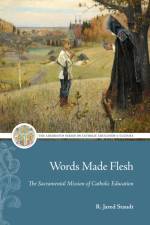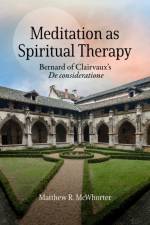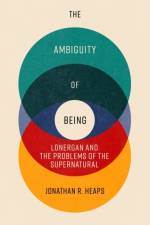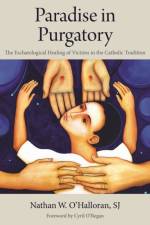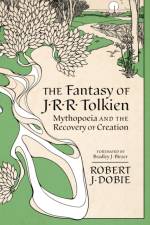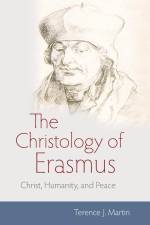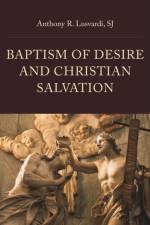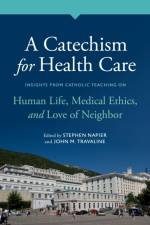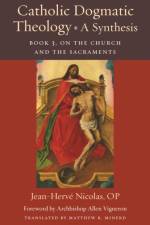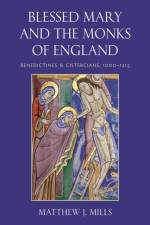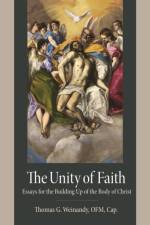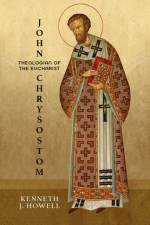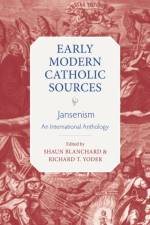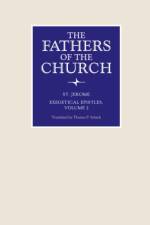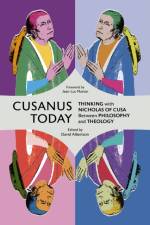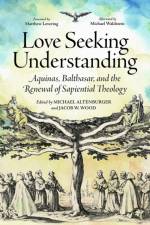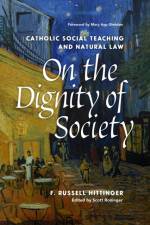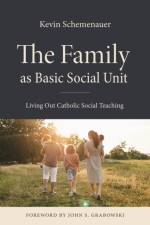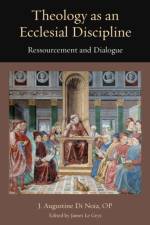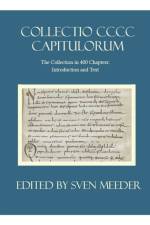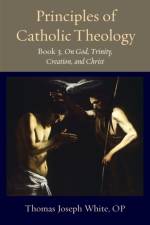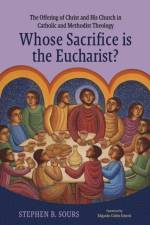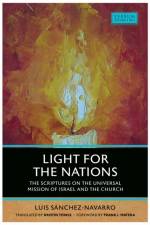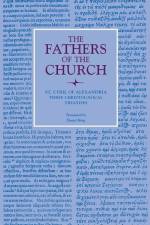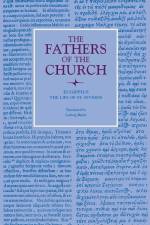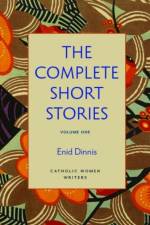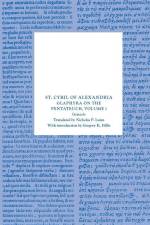av Eugippius
605
The idea of writing about St. Severin, so Eugippius tells us, came to him as he witnessed the success of a Life, in letter-form, of the monk, Bassus, who had died--recently, it seems--in the south of Italy. The Letter, the work of a layman, was circulated privately, and a number of people took copies. Eugippius and his community thought the miracles of their founder should be made known in a similar way. On hearing this, the biographer of Bassus offered his services and approached Eugippius for information. Eugippius, however, had his misgivings, which were probably aroused by an unkown layman's Letter about Bassus. Eugippius feared that the work would be written in such an elaborate style as to be almost unintelligible to ordinary readers; and, to judge from the literary fashion of the times, such fears were not unfounded. Eugippius, therefore, drafted a sketch of Severin's life and miracles, and sent it to Paschasius, one of the seven deacons of the Curch of Rome, and author of a work on the Holy Ghost, which later won the approval of Pope Gregory the Great. Eugippius asked Paschasius to turn his sketch into a book of such form and style as its subjects would demand. This request, it seems, was not meant too seriously. Paschasius in his reply politely declined the offer on the grounds that the 'draft' of Eugippius served its purpose excellently, and that nothing could be gained by greater elaboration. Eugippius' Memorandum is certainly anything but 'casual'; he uses rhetoric deliberately, though in moderation; he observes the rules of prose rhythm; he is aware of certain demands of composition inherent in a literary genre. Eugippius probably meant to ask Paschasius, a high-standing and influential churchman, to write--as we would say nowadays--a 'Foreword' that would give his work a wider circulation. Paschasius' reply, with its highly complimentary remarks, may then be regarded as a response to Eugippius' polite intimation.

